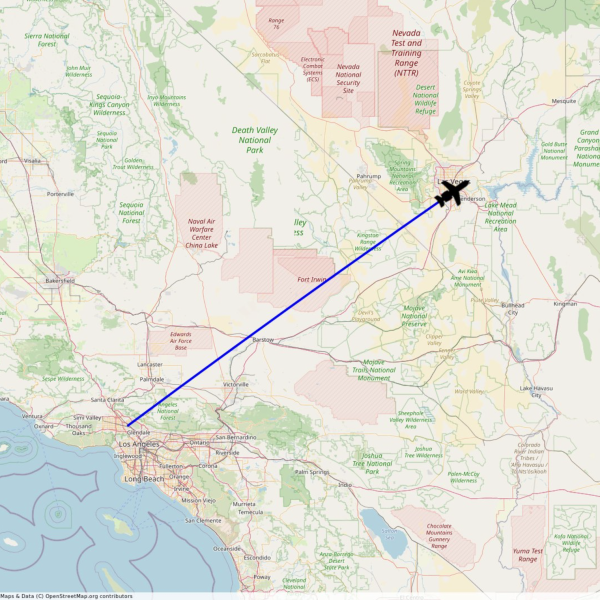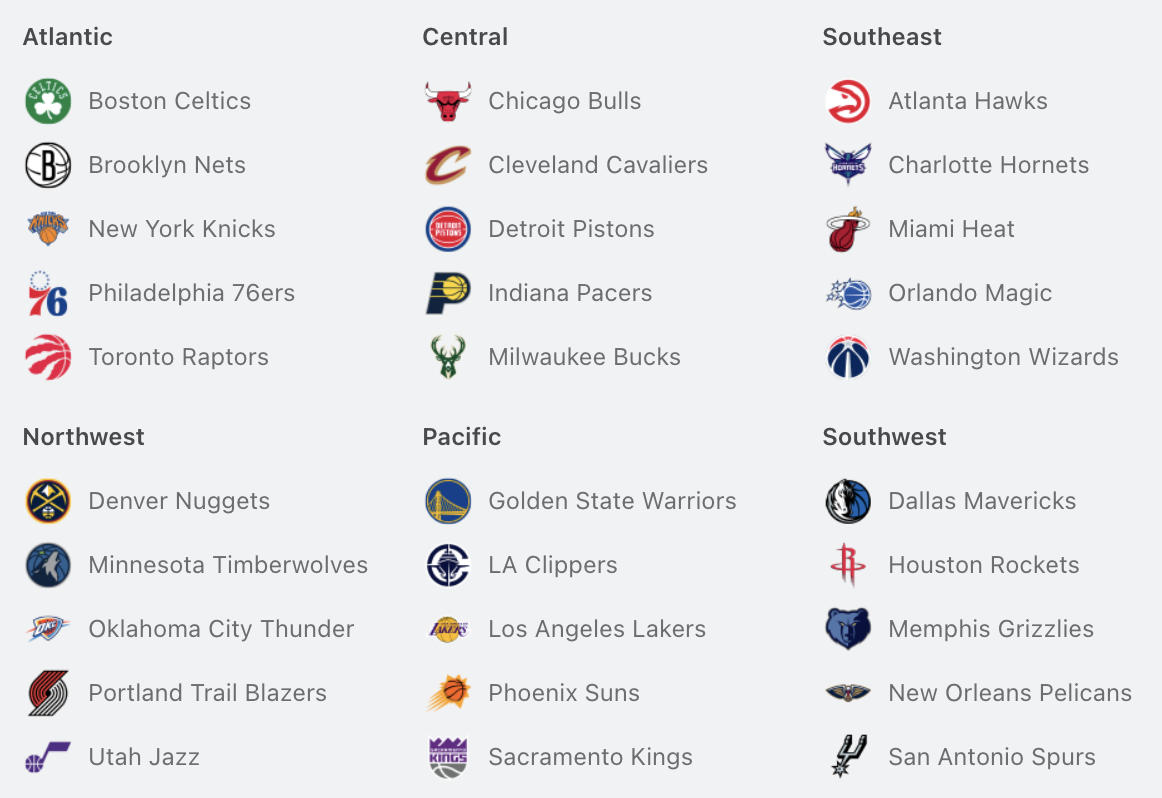
To say Taylor Swift has been in the spotlight this year would be an understatement. From Grammy winnings to being an NFL girlfriend, we’ve seen a lot from Swift in the media. Recently, she has sparked a debate on where the line should be drawn between public information and privacy.
Swift is currently in a legal battle with a University of Central Florida student, Jack Sweeney. The 21-year-old has amassed 22.1k followers on X for tracking celebrities’ private jet flights. Sweeney received a cease and desist letter from Swift’s lawyers that said the posts were an “imminent threat to the safety and wellbeing” of the pop star.
The scrutiny that Sweeney is under for tracking Swift’s jet travels has prompted questions about the freedom of public information and when the line is crossed in terms of privacy. Swift’s jet log is public information anyone can access, but has Sweeney’s live updates to social media placed a magnifying glass on Swift’s travel patterns and locations?
The Freedom of Information Act is a powerful tool that gives journalists and all citizens the right to access federal records, which keeps people informed and prevents agencies from hiding critical information. Ideally not at the expense of a celebrity’s well-being, Sweeney’s flight tracking has amplified the discussion around the excessive use of celebrity private jets for travels that could be completed by car.
“AP’s use of the Freedom of Information Act has led to the release of critical information that the government would have preferred to keep secret,” the Associated Press stated on its website.
Newsweek reported that Swift produced 138 tons of CO2 emissions in just three months commuting to visit Travis Kelce, Kansas City Chiefs tight end. For context, the average person in the United States produces around 16 tons of carbon dioxide per year.
Swift’s short and frequent jet travels produced 8.6 times more carbon emissions in just a few months than the average person does in an entire year. She is undoubtedly tainting the environment with greenhouse gases.
While it is no secret that celebrities travel by jet, Sweeney’s social media posts have made the public more aware of the drastic impact of these travels on the environment. He is not a journalist, but he is proving the importance of the FOIA by sharing information that would have otherwise remained hidden from the public eye, despite being under fire by the most popular celebrity of our generation.
Journalists are responsible for keeping the public informed, which Sweeney has exemplified. Privacy and well-being should not be disregarded. Nor should they be used as a shield to hide information that could benefit the public. This case has underscored the need for transparency in celebrity travel and its impact on the environment.




